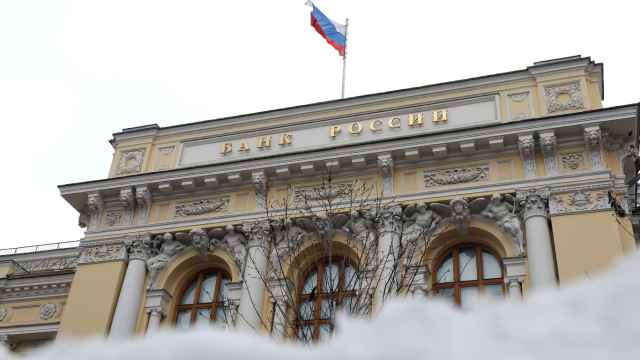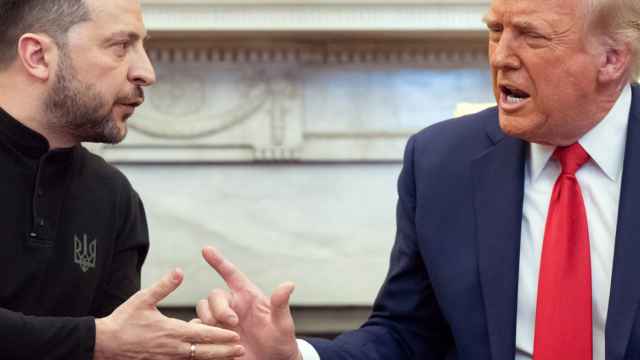Turkey joined NATO at the beginning of the Cold War to provide the United States protection in the event of a Soviet attack. Back then, Turkey was clearly on the frontline. Today, however, its leaders are assertively pursuing an independent foreign and security policy, and their growing confidence is now testing the alliance’s cohesion.
As a result, some now say that Turkey is turning its back on the West. But it would be more accurate to say that Turkey is broadening its reach. Turkey may cause tensions within NATO, but its position represents an astute balance between loyalty to the alliance and appropriate regard for its own national interests.
Geopolitical changes — such as of the Cold War and, lately, the push for democracy in the Middle East and the desire to have “zero problems” with Turkey’s neighbors — have created new objectives for Turkish foreign policy strategists. Indeed, Turkey’s leaders are downgrading the importance of “hard power” security issues in favor of enhancing the country’s soft power while also grasping economic opportunities.
A primary consequence is the changed relationship between Turkey and the West. In years past, defense partnership constituted a pillar of Turkey’s relations with the West. But it was an asymmetrical relationship, in which Turkey, as a consumer of security, was largely dependent on the West. Turkey’s foreign policy choices were constrained by the need to remain aligned with its security provider.
But today, declining threat perceptions have fundamentally altered this perspective and reduced Turkey’s need to act in unison with the West. The loosening of the security relationship has given Turkey greater latitude in foreign policy.
Yet it would be wrong to argue that Turkey is pulling away from NATO. Turkey is still an active and influential member and hopes to benefit as much as possible from membership. Turkey is committed to NATO, and its military budget more or less fulfills NATO’s defense-spending criterion of 2 percent of gross domestic product. It also commits troops to NATO operations, notably to the coalition operation in Afghanistan. Turkey’s role within the alliance is more active than that of the vast majority of other member states.
Turkey is pushing the alliance to adapt to new security challenges, yet it nonetheless remains steadfast in its adherence to NATO’s nuclear-sharing policies. Turkey is one of the six NATO countries that have hosted U.S. tactical nuclear weapons for more than 40 years. The readiness of the nuclear weapons based on its territory — a matter of weeks or months rather than hours — provides little strategic value. Yet Turkey has always argued that a credible NATO nuclear deterrent is vital to the alliance’s collective defense.
Indeed, Turkey’s position is now at odds with the three West European countries — Belgium, Germany and the Netherlands — currently calling for a withdrawal of U.S. nuclear weapons from their territory. Turkey insists that a NATO-wide consensus is necessary to change this critical element of the alliance’s nuclear deterrence.
Turkey is also actively involved in NATO’s ongoing deterrence review, which aims to strike a balance between the alliance’s nuclear and conventional capacities, and is also set to clarify the role of missile defense in this context. Turkish officials say they would not oppose any program that would strengthen NATO’s security. But they fear the deployment of a missile defense system exclusively targeting Turkey’s neighbors.
As a result, Turkey’s leaders have set out three conditions for acquiescing in such a program. First, the system should take into consideration current security risks, based on the existing missile capabilities of non-NATO countries. Second, it should cover all of Turkey’s territory. Finally, because Turkey has no desire to be a frontline state in the Middle East, as it was during the Cold War, it strenuously objects to Iran and Syria being identified as direct threats.
Today, Turkey sees its NATO membership as just one aspect of its wider security policy. Its government is seeking a stronger role in world affairs, and as a result its policies have not always aligned with those of a majority of NATO members. Ultimately, though, Turkey’s leaders have no intention of undermining NATO’s cohesiveness and effectiveness. On the contrary, their aim is to assert Turkey’s position in NATO so that the alliance more closely mirrors their own objectives.
Sinan Ulgen, chairman of the Istanbul-based Center for Economics and Foreign Policy Studies, is a visiting scholar at Carnegie Europe. © Project Syndicate
A Message from The Moscow Times:
Dear readers,
We are facing unprecedented challenges. Russia's Prosecutor General's Office has designated The Moscow Times as an "undesirable" organization, criminalizing our work and putting our staff at risk of prosecution. This follows our earlier unjust labeling as a "foreign agent."
These actions are direct attempts to silence independent journalism in Russia. The authorities claim our work "discredits the decisions of the Russian leadership." We see things differently: we strive to provide accurate, unbiased reporting on Russia.
We, the journalists of The Moscow Times, refuse to be silenced. But to continue our work, we need your help.
Your support, no matter how small, makes a world of difference. If you can, please support us monthly starting from just $2. It's quick to set up, and every contribution makes a significant impact.
By supporting The Moscow Times, you're defending open, independent journalism in the face of repression. Thank you for standing with us.
Remind me later.





